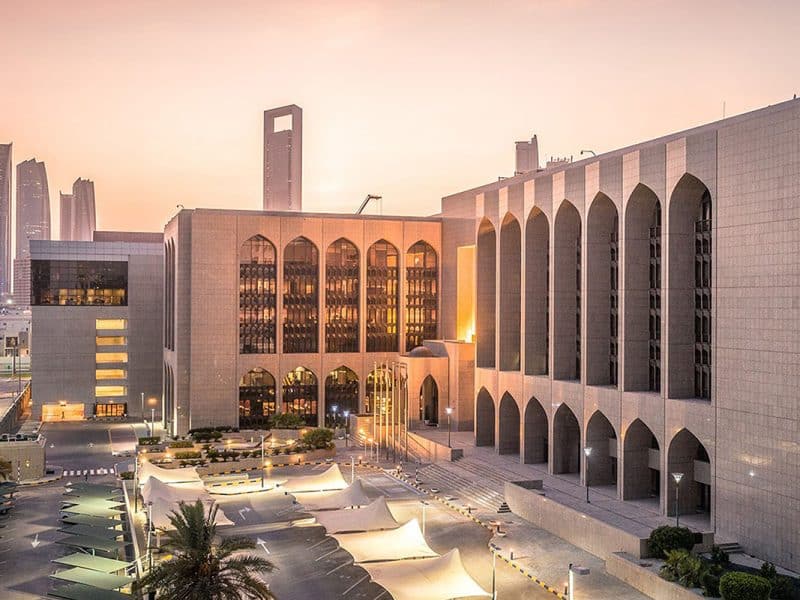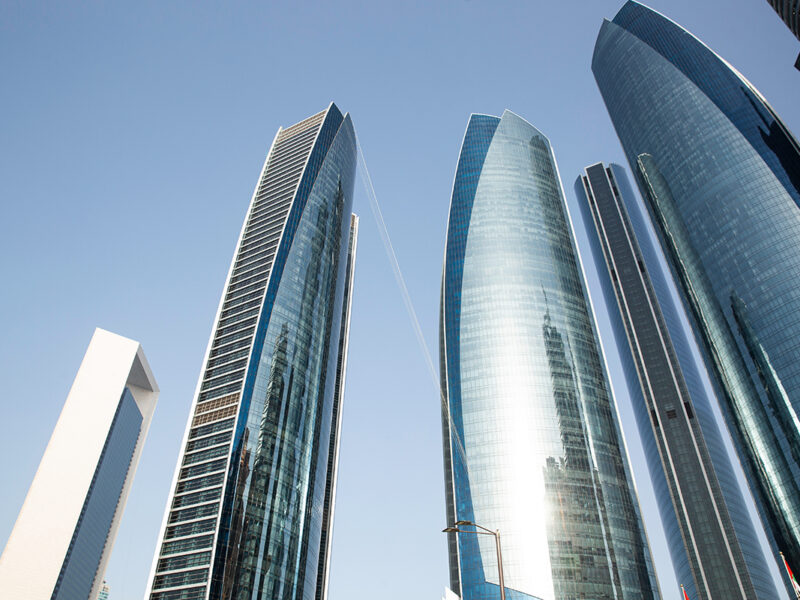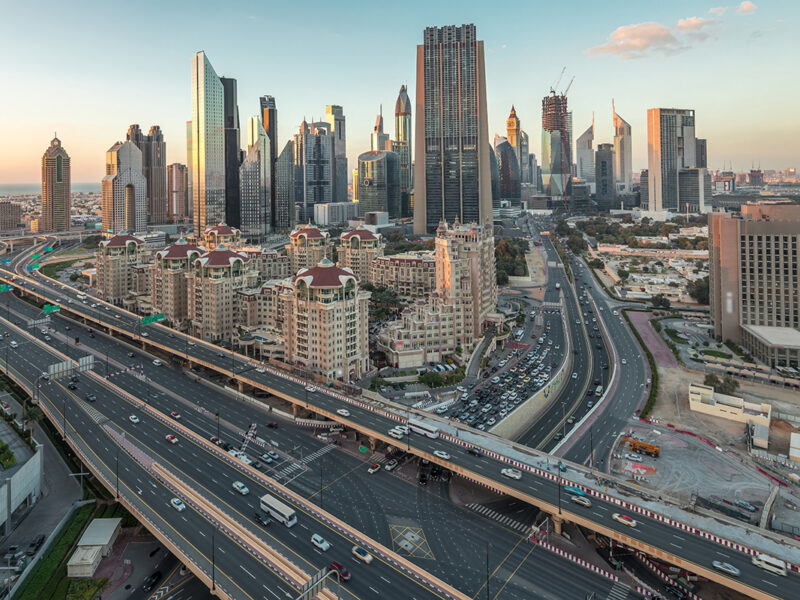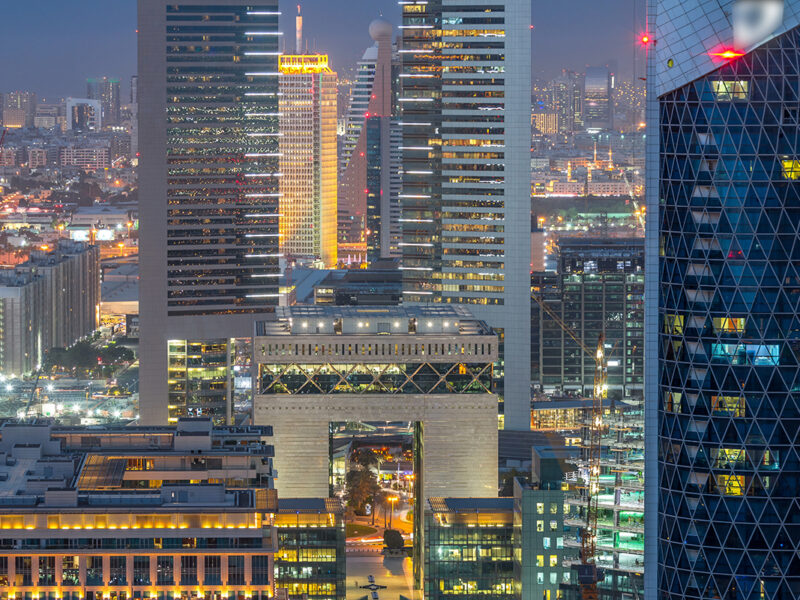Saudi Arabia’s central bank on Tuesday said it’s prepared to inject liquidity in the financial system if needed to help the economy cope with the aftermath of this week’s major attacks on Aramco’s oil facilities.
With its stockpile of net foreign assets at over $500 billion, “it gives the monetary authority the ability to intervene in the markets at any time,” governor Ahmed Abdulkarim Alkholifey told reporters in Riyadh on Tuesday. The top OPEC oil producer has no intention to change its currency’s peg to the US dollar, he said.
“We don’t expect there to be a liquidity shortage but we are always targeting what are called tail risks,” Alkholifey said.
Saturday’s strikes on Aramco facilities slashed Saudi Arabia’s crude output by half, rattling oil markets and casting a shadow over the company’s preparations for what could be the world’s biggest initial public offering. A lengthy outage also threatens to slash the kingdom’s export revenue, putting pressure on liquidity in the financial system.
When the kingdom grappled with the effects of low oil prices three years ago, the Saudi Arabian Monetary Authority injected about 20 billion riyals ($5.3 billion) to ease a cash crunch in the banking system.
Alkholifey said it was too early to assess the impact of the attacks on the economy. Still, he said the central bank’s forecasts “are not far away” from the International Monetary Fund’s outlook. The IMF this month left its major projections unchanged for Saudi Arabia, estimating growth in gross domestic product will slow to 1.9 percent this year.
Interest-rate cuts in the US are also providing some relief to the kingdom. Saudi Arabia lowered its benchmark rate by 25 basis points in July following a similar decision by the Federal Reserve. It’s expected to ease monetary policy again on Wednesday after the Fed’s meeting this week.
“We are monitoring global interest rates,” Alkholifey said. “If interest rates are lowered, this will be an impetus for growth in the economy.”
Saudi Arabia said Monday preliminary findings show Iranian weapons were used in the attack on one of its key oil installations, but stopped short of directly blaming the Islamic Republic. Yemen’s Houthi rebels claimed they were behind the attacks.
US Secretary of State Michael Pompeo said Sunday that there was no evidence the raids were carried out from Yemen. He blamed Iran instead, and President Donald Trump said the US is “locked and loaded depending on verification” of the culprit. Iranian officials have denied responsibility.
Speaking alongside Alkholifey, the central bank’s deputy governor for monitoring, Fahad Alshathri, said the kingdom’s banking industry can handle a share sale by Aramco.
“Liquidity indicators are clearly good,” Alshathri said. “We are waiting to see what will happen in the Aramco IPO and, God willing, the financial sector will be prepared to meet these needs.”








